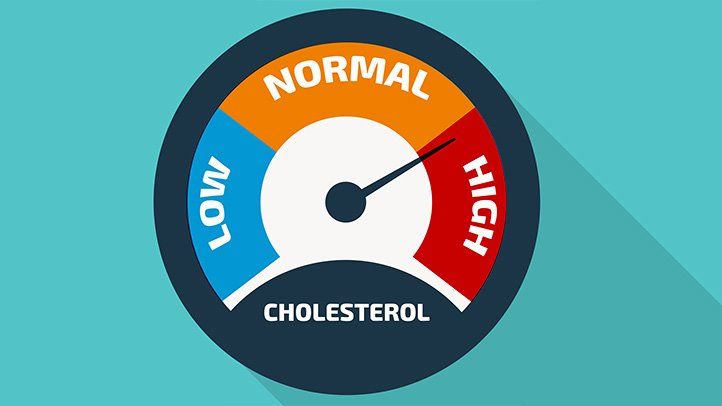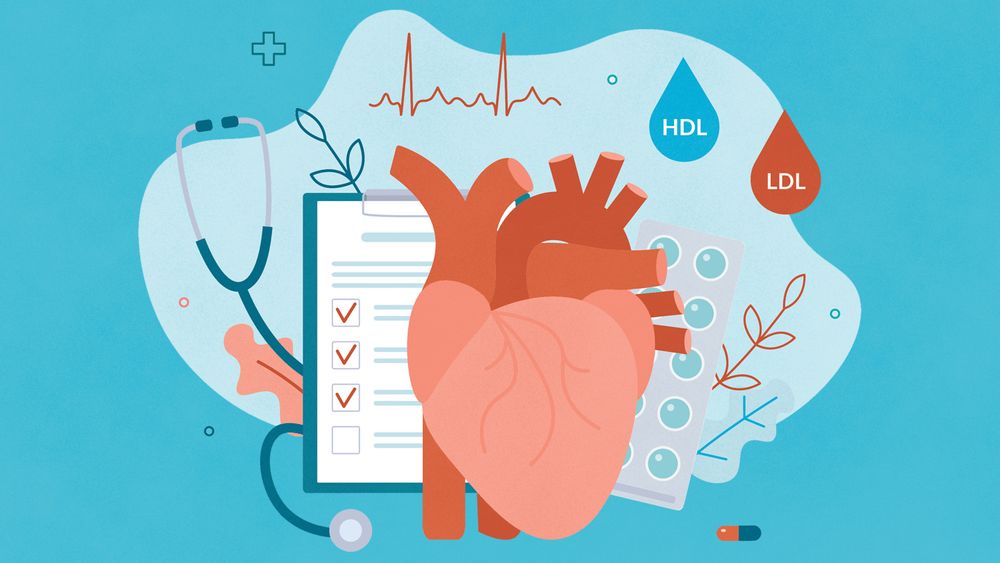
The condition of your aorta is one of the main things that will determine how much of a risk you face from having a heart attack or stroke. There are many different factors that can cause your aorta to become enlarged, and if you have any of the following conditions then you are at a much higher risk than others.
The arteries that are narrowed and blocked is the first thing that needs to be considered
The more constricted your arteries are, the more of a risk you have. The best way to reduce this risk is to quit smoking and make sure that your arteries stay healthy.
Your cholesterol and triglyceride levels are also risk factors. High levels of both can lead to heart disease and stroke. If you want to lower your cholesterol levels, try foods such as fruits, vegetables, and nuts. Also avoid foods like red meat, cheese, and dairy products.
You can lower your risk of heart attacks by decreasing the swelling of your blood vessels. To do this, you must eat foods such as berries, avocados, and leafy green vegetables. If you want to lower your triglyceride levels, you should eat foods high in monounsaturated fats.
You can also significantly reduce your risk of heart attack or stroke by treating coronary artery disease. Treating this condition will help remove plaque from around the walls of the arteries. Thus, the clotting process can increase, and this will reduce the amount of damage your aorta must take.
Your risk of developing heart problems increases with age, so if you are under 50, you are more likely to get them. The reason this happens is because you have a reduced ability to heal from an injury. This is what happens to your body when you are young, and as you age, you lose some of the natural ability to repair yourself.

Even though your risk of developing heart disease or stroke is reduced, there is still a good chance that you could develop one of these conditions. So as you can see, you can increase your chances greatly if you suffer from any of the risk factors mentioned above.
In conclusion, if you are at a higher risk for developing heart conditions, then you should start keeping a close eye on your risk factors. By doing this you will be able to take preventive measures to lower your chances of getting a heart attack or stroke.
If you are diagnosed with high cholesterol or high triglycerides, you should talk to your doctor about what you can do to lower your cholesterol. The doctor may recommend lowering your cholesterol through states, or by changing your diet. If you are already taking medications for high cholesterol, then your doctor may not be able to help you in lowering your cholesterol any further.
If none of these are your risk factors, then you need to find ways to lower your cholesterol naturally.
There are several ways to do this including taking high-quality foods that are high in fiber
A diet that includes more fresh fruits and vegetables can help to reduce the risks of developing high cholesterol. and high triglycerides.
Another important part of increasing your chances of having a healthy heart is to exercise. Exercising regularly can help to strengthen your arteries.
Cardiovascular exercises such as walking, swimming, or even just simply running are great ways to increase your heart's health. Exercise increases the flexibility in your arteries, which allows it to become less susceptible to damage.